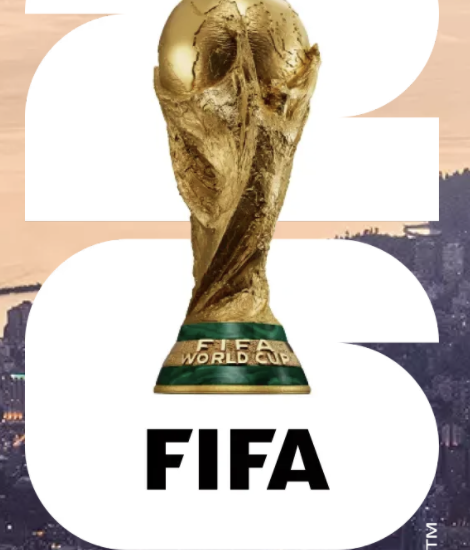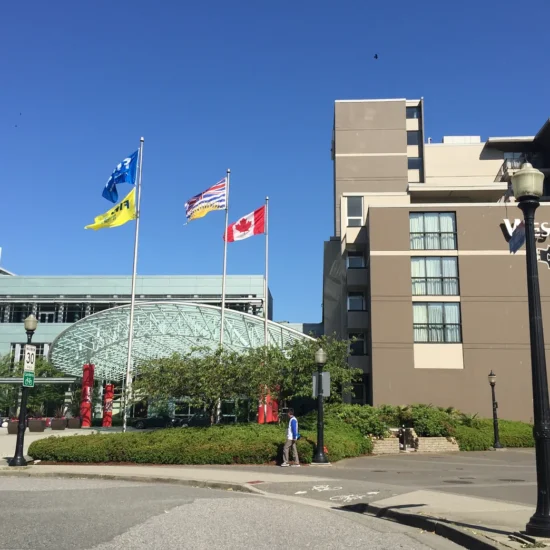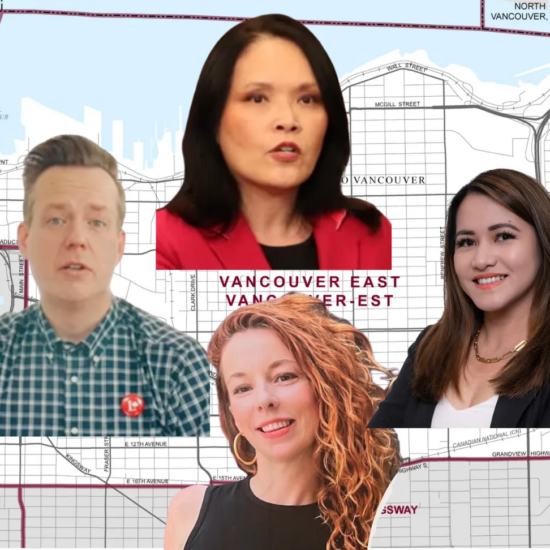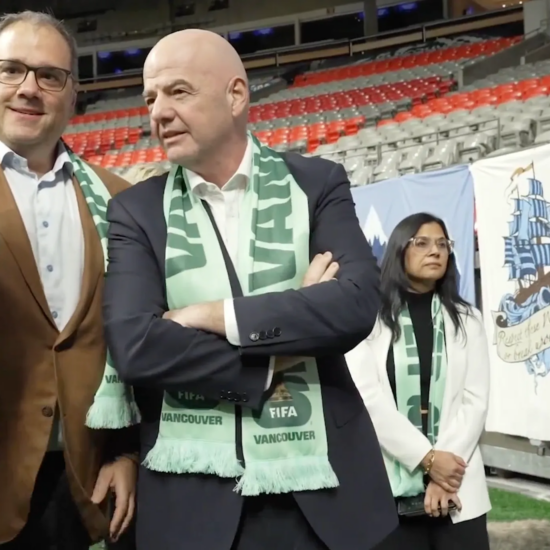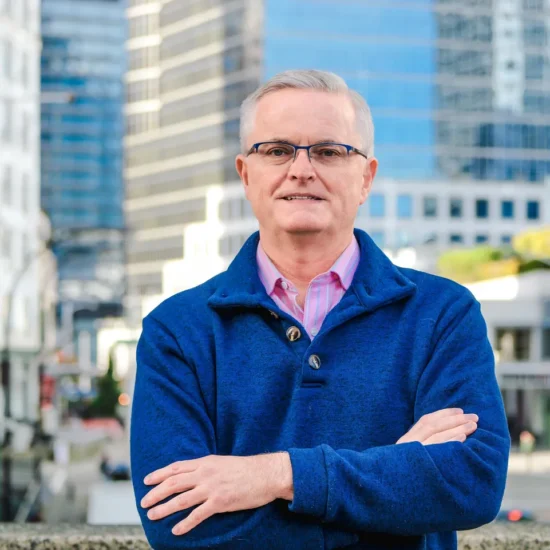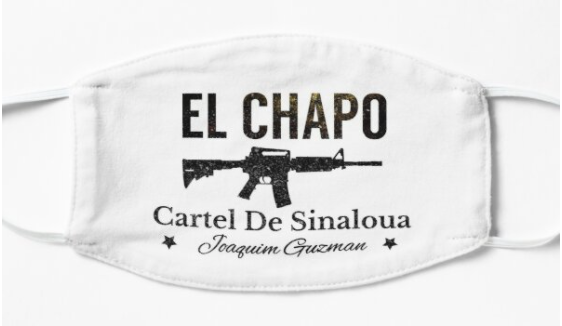
By Doris Gómora
In México, during the COVID-19 pandemic, drug trafficking cartels are delivering boxes with food to seniors and low-income families in towns and cities.
In every box, cartels printed their logos, or local dealers’ names. The Sinaloa Cartel delivered food in plastic bags with a printed image of Osama Bin Laden, the dead leader of the Al-Qaeda terrorist organization.
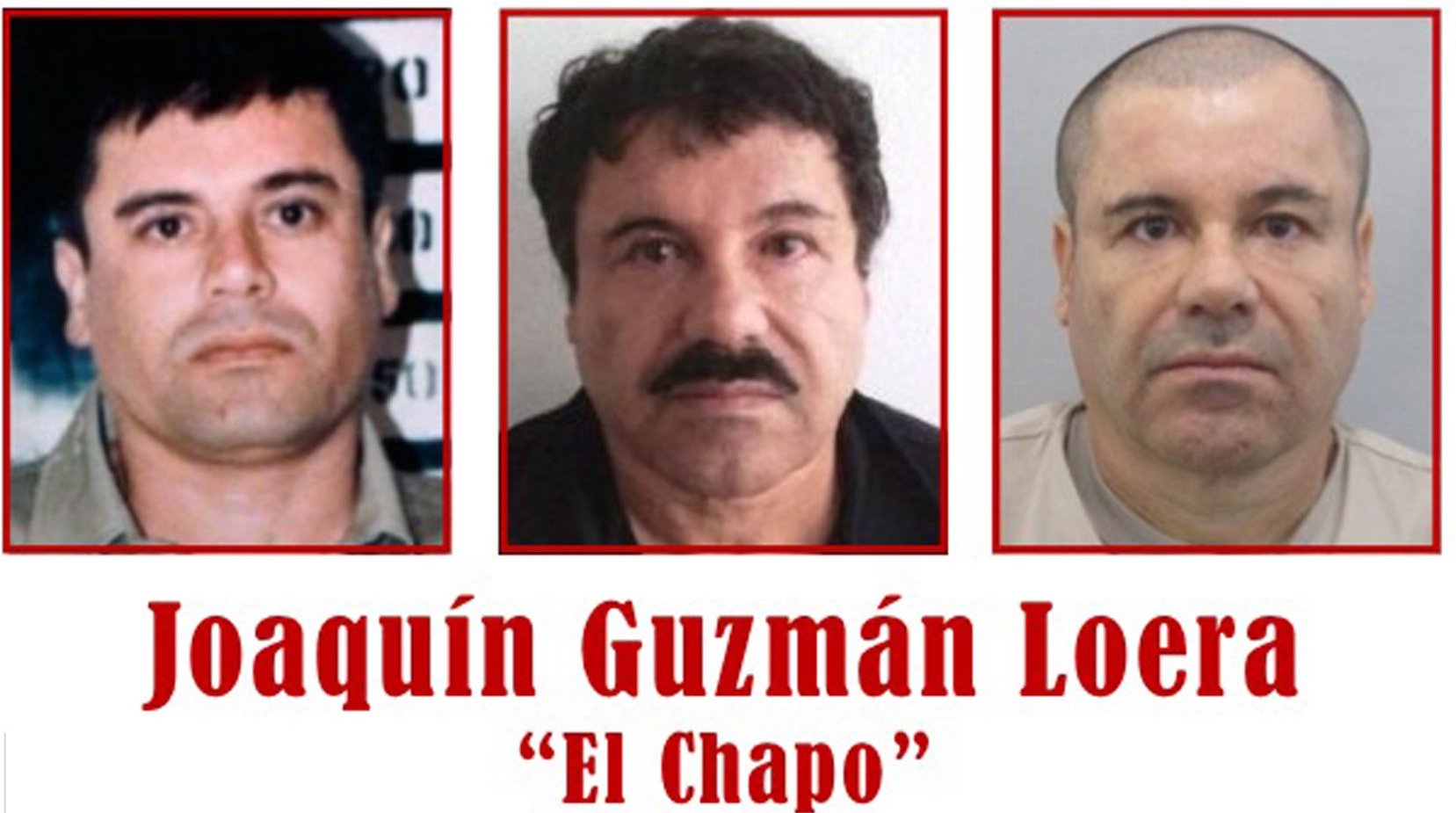
(DEA)
From Joaquin “El Chapo” Guzman’s relatives to dealers in military uniforms and guns are trying to build a social support network. People that received that food must be choosing between drug trafficking organizations or governments.
With an economic crisis and not enough jobs, many will be looking to work with drug trafficking organizations, even in money laundering, in the countries where cartels have illegal operations. Meanwhile, in México, violence will be worse because every drug organization is fighting to control territories.
Around the world, academics and some government officials understood that there is no government social program that can compete with the economic power of drug cartels to build a social base among the population.
Drug trafficking cartels convince or threaten people to work with them, and also they pay a lot more than any government support. But working with drug trafficking cartels is a death notice that is extending to relatives.
The drug trafficking cartels are a Pandora’s Box.
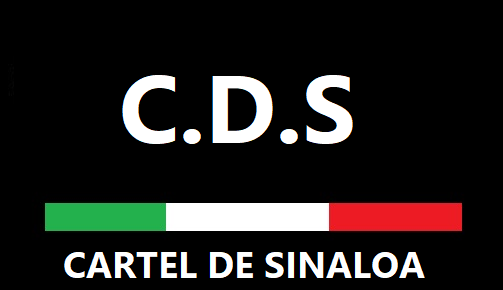
Sinaloa cartel logo
In narcotrafficking, life is short, not long. I learned that in Colombia in the ‘90s when I began to understand drug trafficking as a reporter. Why? People get thousands of dollars quickly but never can get out alive of drug cartels activities, and they know that they will die soon. Pandora’s Box has a lot of temptations and evils as well.
And temptations are extended to politicians and government officials.
The Latin American politicians used to think that there is nothing wrong to accept money from drug trafficking cartels. They never expect those drug cartels are going to ask for the money back or even kill them. Politicians think that they are superior to drug traffickers. That has been happening since the ‘70s.
Politicians accept money for financing their campaigns, but the action that politicians, candidates, and government officers consider as harmless opens a Pandora’s Box and releases thousands of bad things.
And what is inside the Pandora’s Box of the drug trafficking cartels? The power of destruction, the inferno of violence. The drug cartels decide who lives and who does not, and how.
The way drug cartels take back their money from politicians is by controlling territories, even with violence. And politicians keep silent about it.
Then bad things are released, arriving slowly, and with terrible violence. Drug trafficking cartels commit massive kidnappings, disappearances, executions, and even car bombings.

El Chapo mask (NewADesigns)
And the infamous box is continuing to release death. Pandora’s Box is mythology, but drug trafficking cartels are not. They are real as the violence that they spread.
In November 2019, the public was shocked by the murder of nine LeBaron’s family members in a wedding convoy by a Mexican drug trafficking organization. Members of the American-Mexican Mormon group are looking for justice. They asked the U.S. government for help because they have dual citizenship.
But Mexican families whose relatives were killed by drug cartels in small towns, cities, and even in mass executions are asking the Mexican government for help and years pass with no answers for most of them. The same experience is replicated in South America, where the Mexican cartel operates with local criminal allies.
The Narcopolitic is so broad in the countries where drug trafficking cartels works that it is impossible to not see it. In México, for instance, “Etellekt,” a consulting firm, informed that during the 2017-2018 electoral process, 523 candidates from all political parties were killed by violence related to cartels.
A key question about those killings: did some of them receive money from rival drug cartels, or were they killed because the criminals want to put their people into positions of authority?
In 2011, Congressman Michael McCaul sought to classify Mexican cartels as terrorist organizations. In 2019, GOP lawmakers Mark Green and Chip Roy wrote a letter to Secretary of State Mike Pompeo to label violent drug cartels as terrorist organizations. After LeBaron’s family members were attacked, the Trump administration paused a plan to designate Mexican cartels as a terrorist organization.
After high-level negotiations with the Mexican government, President Donald Trump has made clear that it remains an option designated some of the Mexican drug trafficking cartels as terrorist organizations.
From a local politician to the high-ranking officers, drug traffickers are looking for associates. Politicians and officers keep silent. They do not want people to know who opens the Pandora’s Box that terrifies the lives of millions.
Politicians from locals to the top used to think that they can work together with drug cartels and get a “Pax Mafiosi.” But a new problem begins: if a politician accepted money from one drug trafficking organization, rival cartels consider him or her as a new enemy, and violence keeps going. Peace doesn’t come easy, or fast, either.
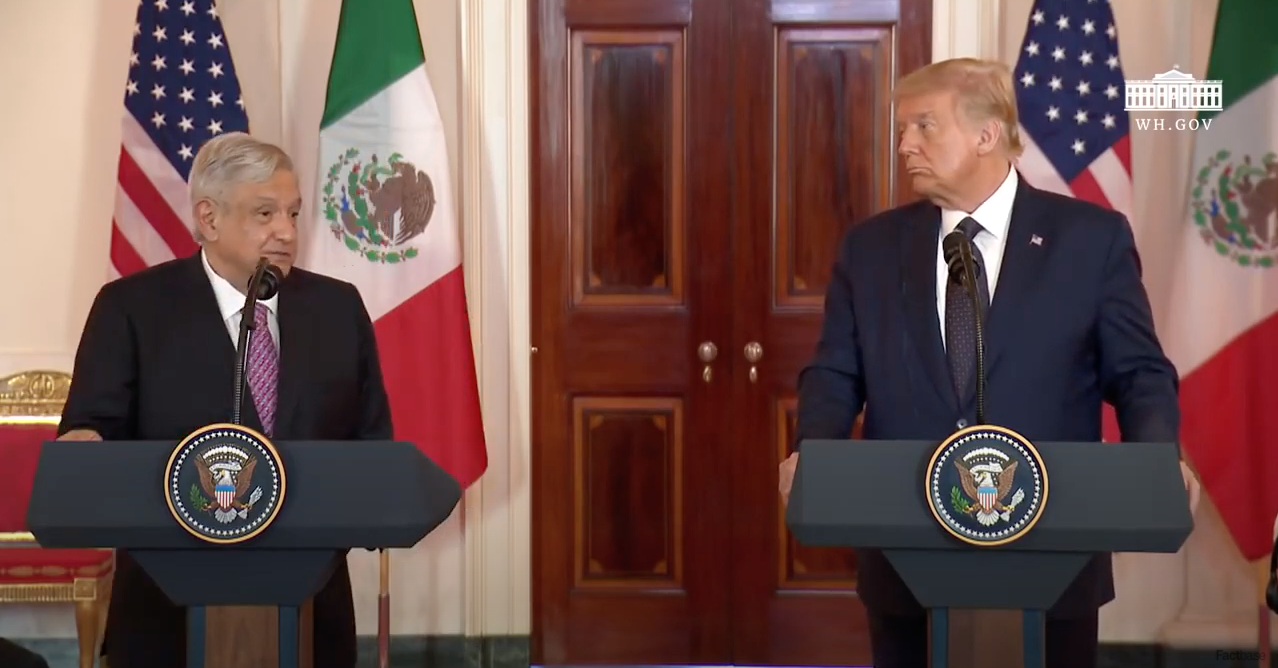
Andres Manuel Lopez Obrador and Donald Trump, July 8, 2020 (White House)
A “Pax Mafiosi” is not the answer. A Pandora’s Box just opens other Pandora’s Boxes.
Pandora’s Box has so much terror and darkness that it is immensely powerful. People don’t know who works with who, and why. The line between political power and drug trafficking is so thin that it seems that they are intertwined.
In México, journalists, such as Miroslava Breach, were killed when they investigated the line between politicians and drug trafficking cartels.
Silence is not the answer, but many keep silent because they could be threatened or killed by the drug trafficking cartels. But others choose to fight against cartels, as happened recently in small towns in Michoacan, México through self-defence groups. Fighting against the narcos is hard and needs financing and resources.
The Pandora’s Box of Mexican cartels is still open, and the only thing that everybody is trying to find in the deep of that box is hope.
Peace and justice look so far away. When will the Pandora’s Box of Mexican cartels close? Not soon.
Doris Gómora is a Mexican news freelancer reporter. She has worked for the largest newspapers in México such as El Financiero, Reforma, and El Universal. Since 1992 , she has covered drug trafficking. She has won journalism prizes for her investigations about drug trafficking.
Support theBreaker.news for as low as $2 a month on Patreon. Find out how. Click here.






